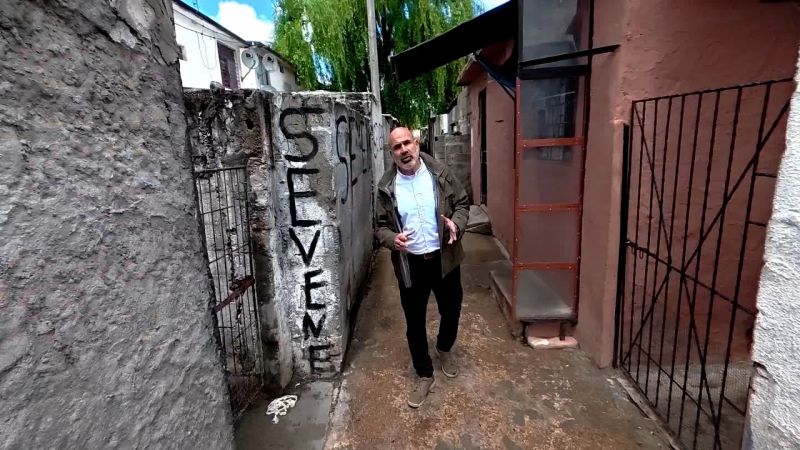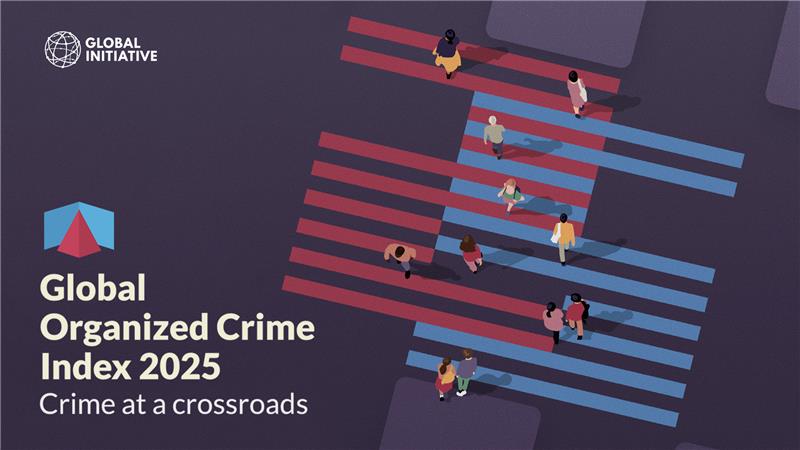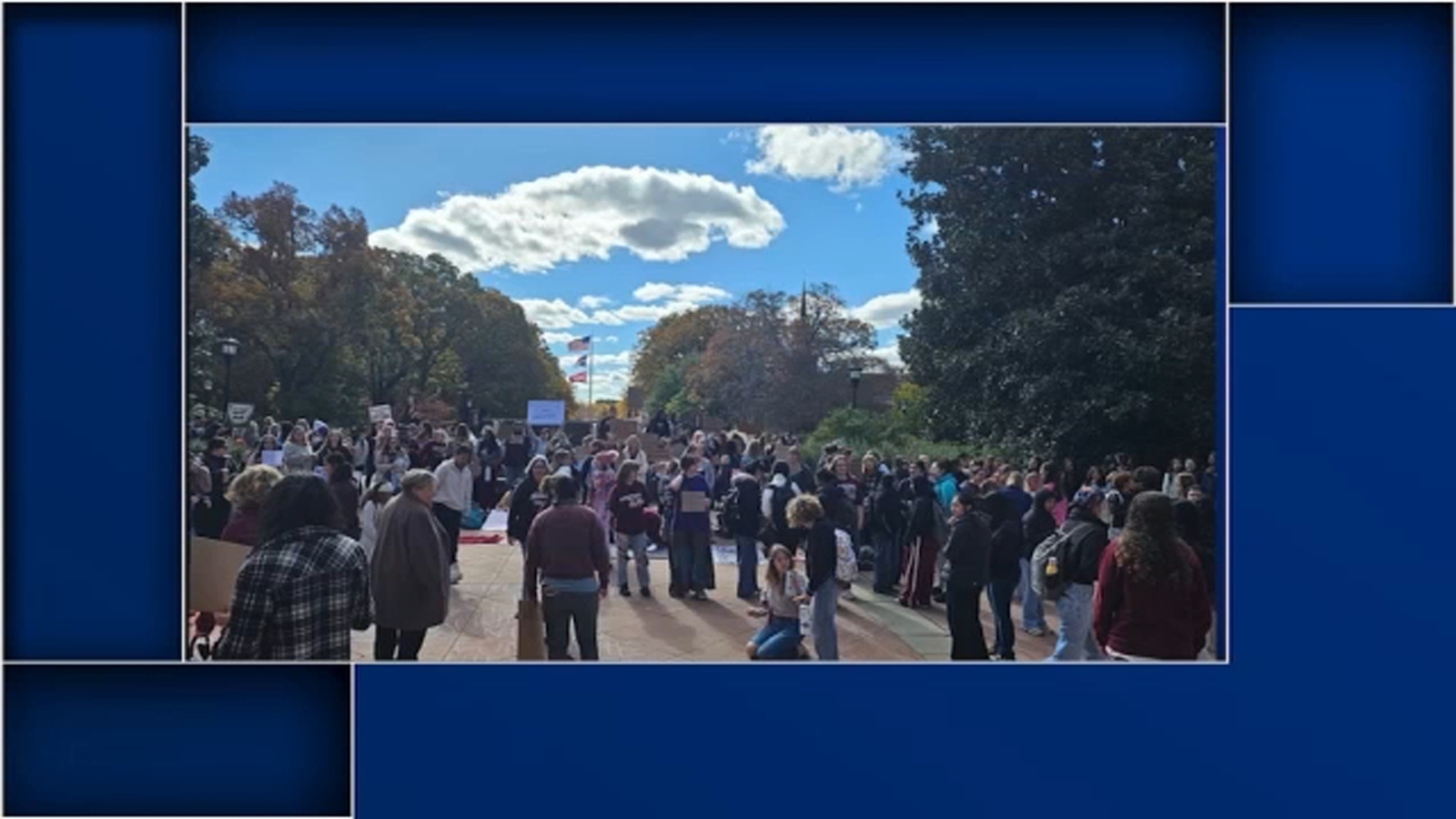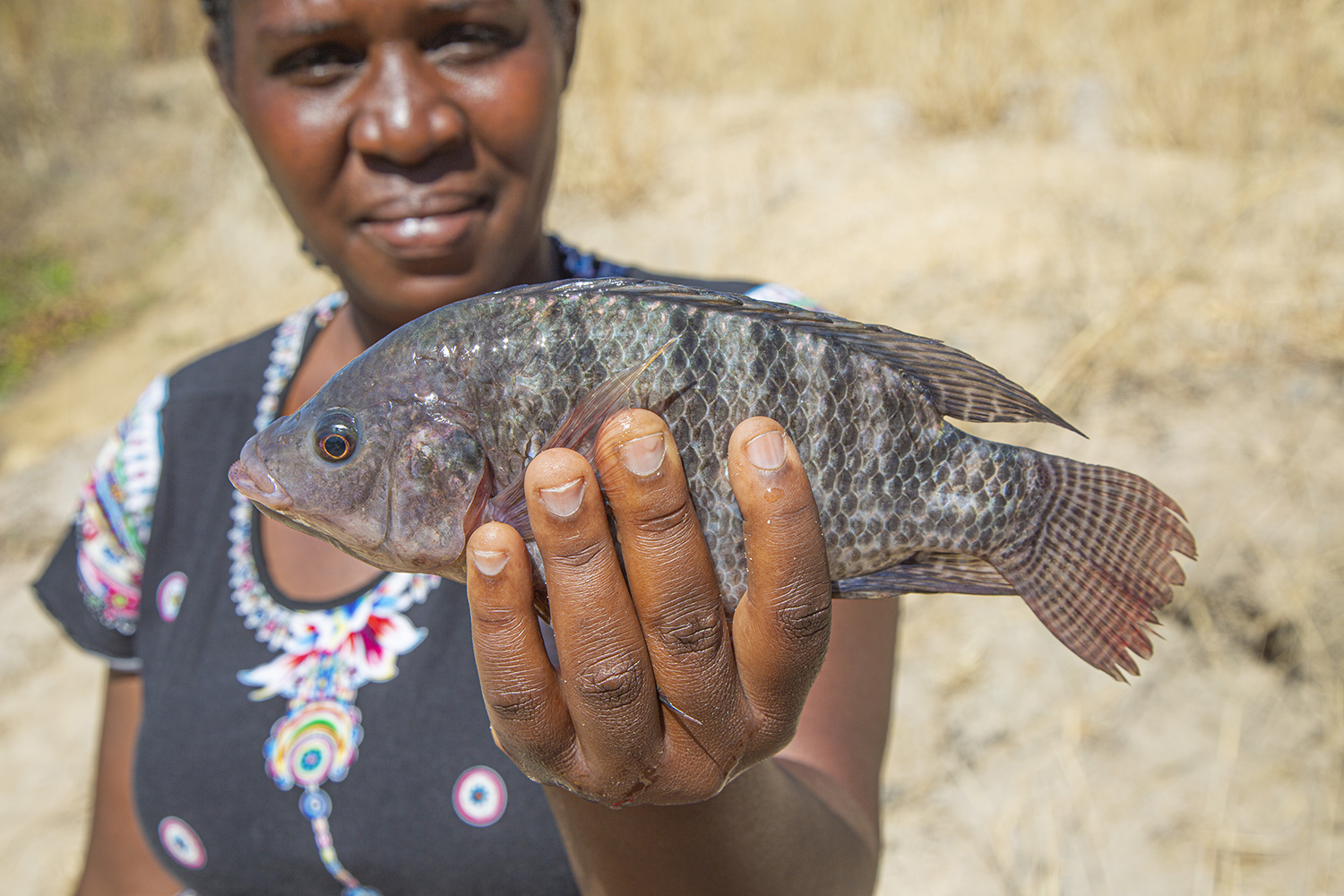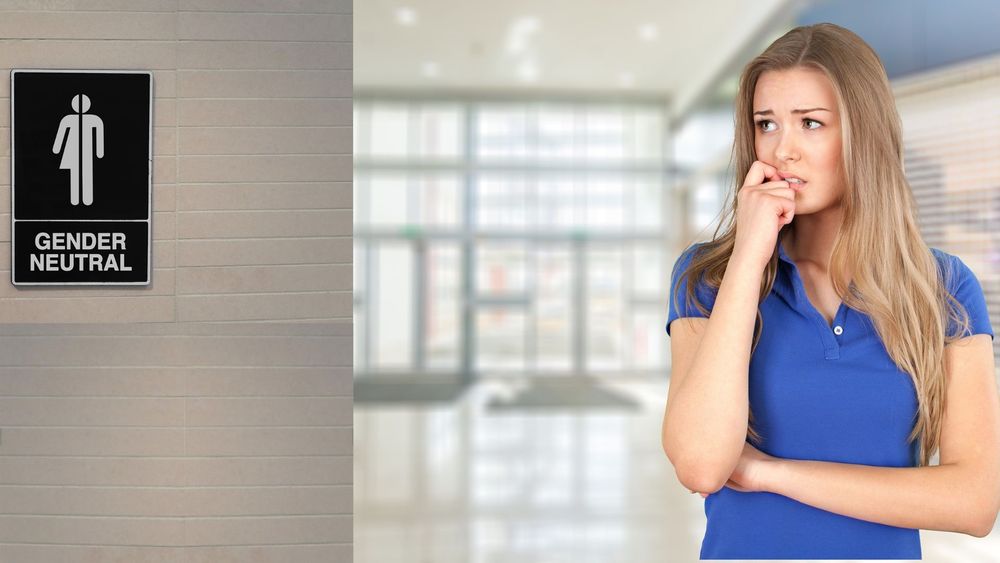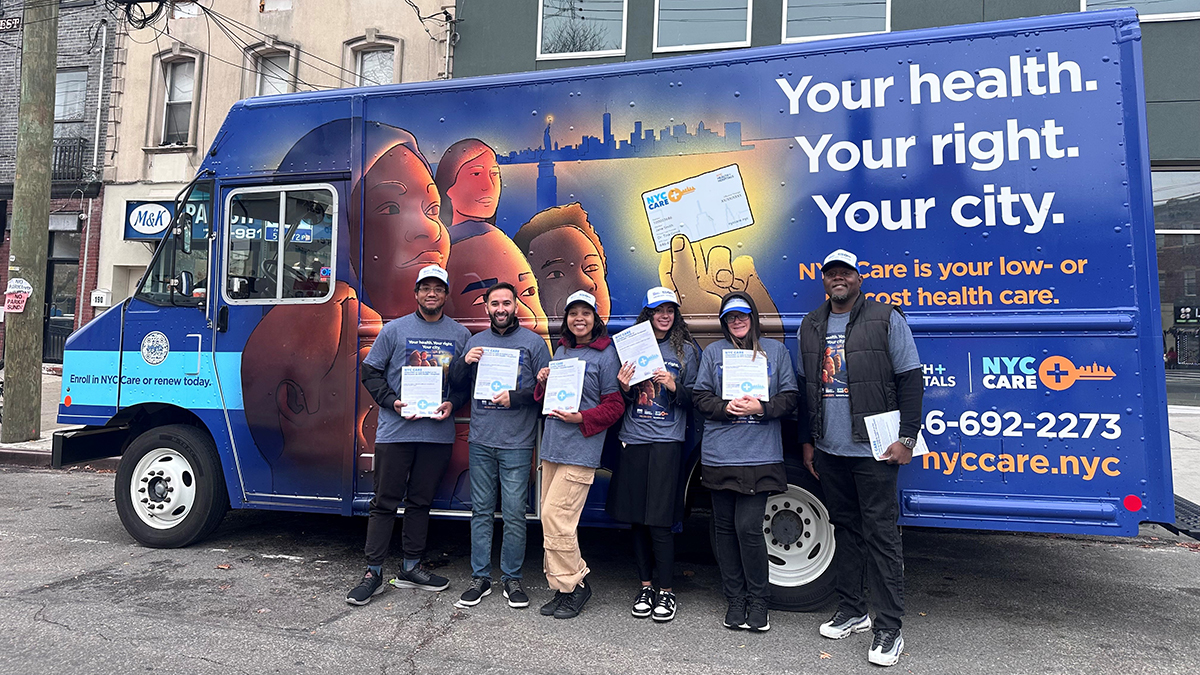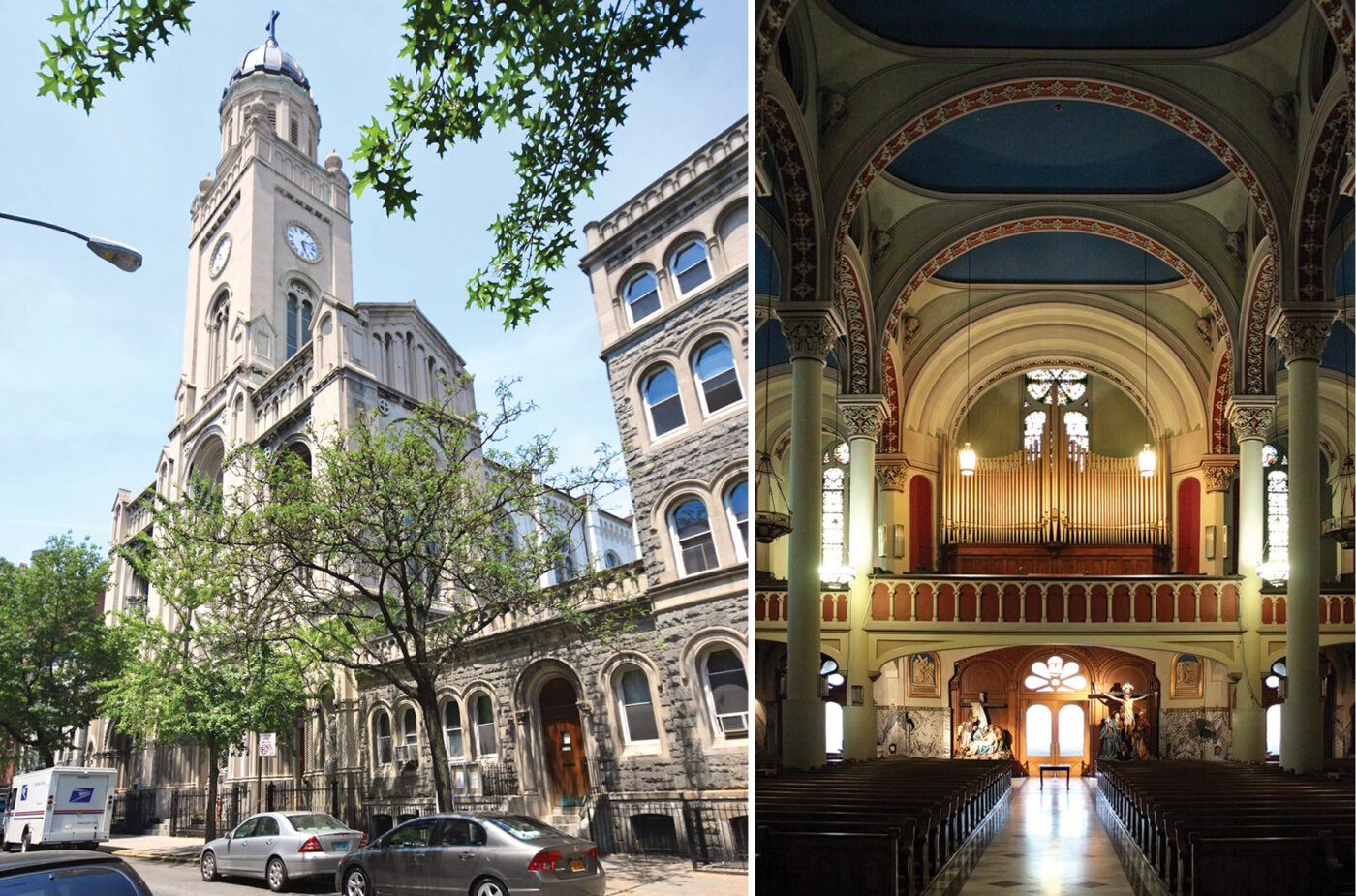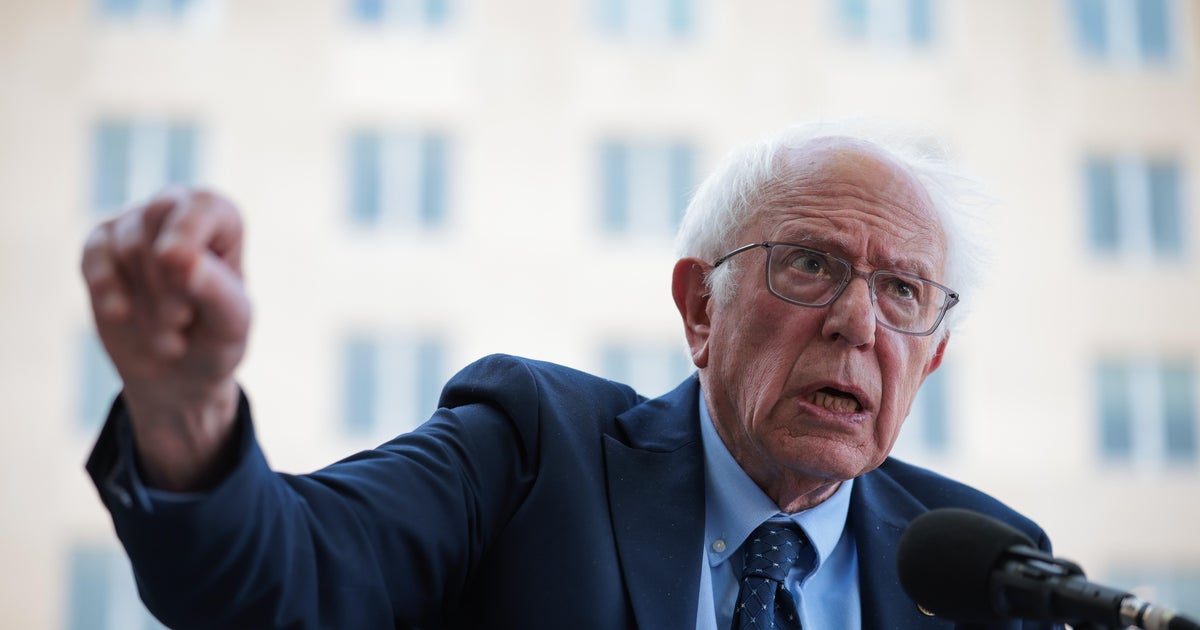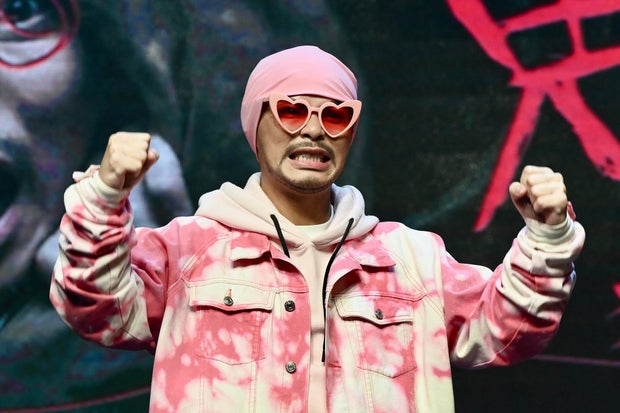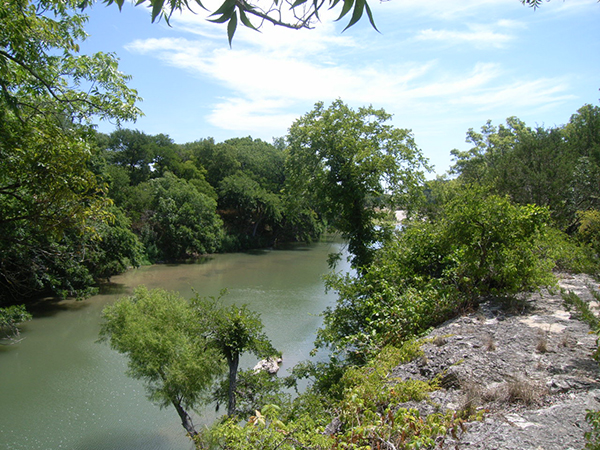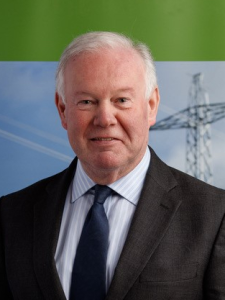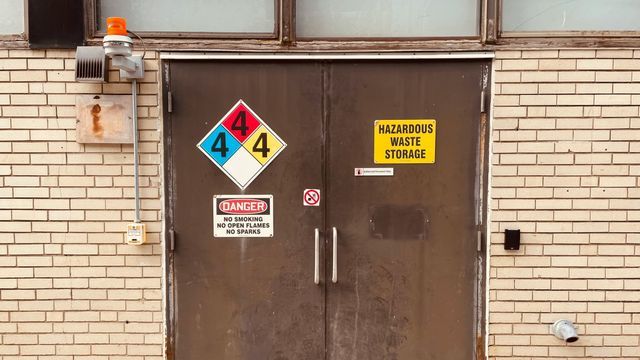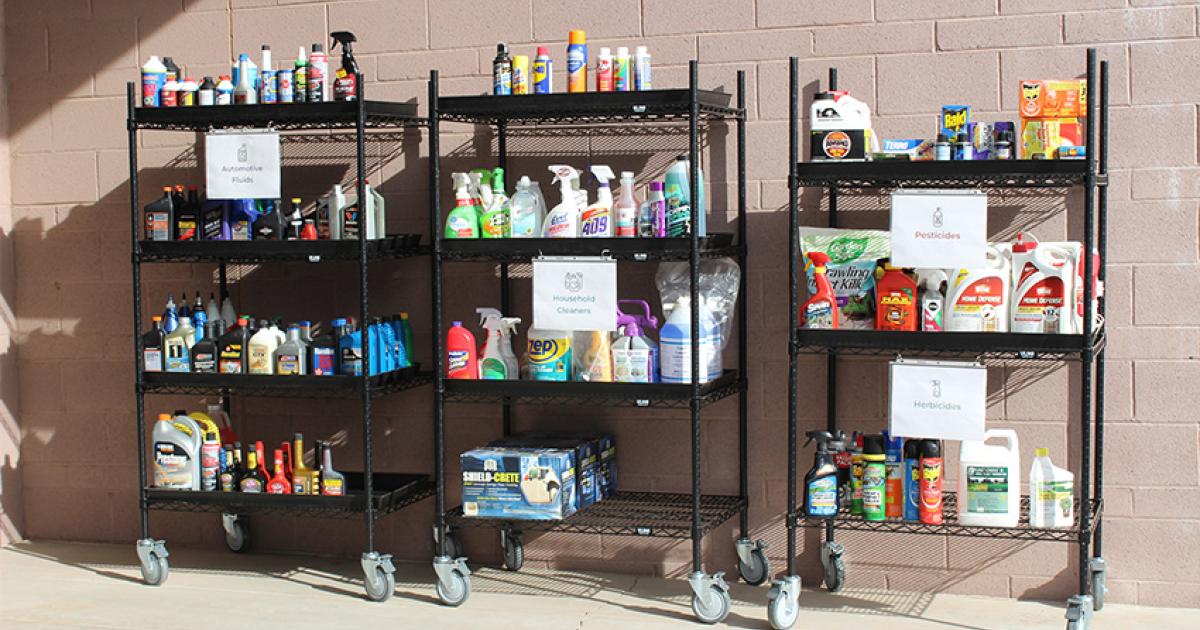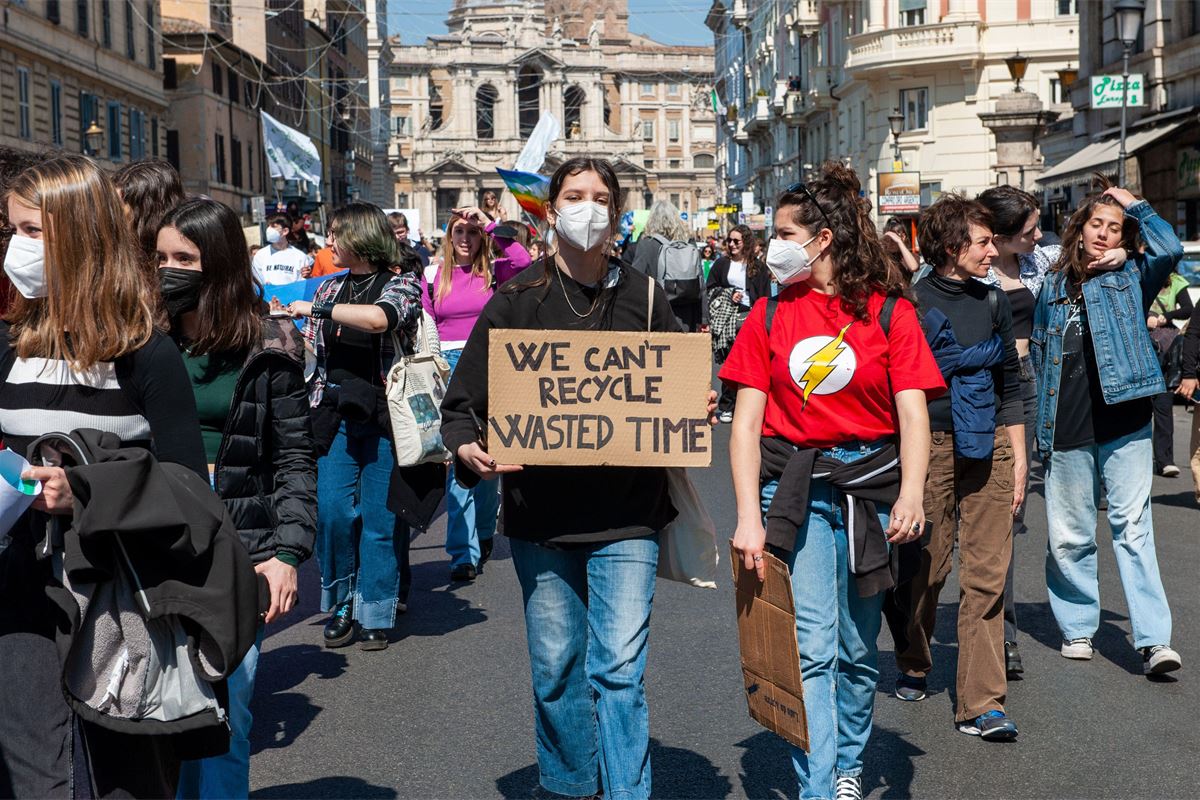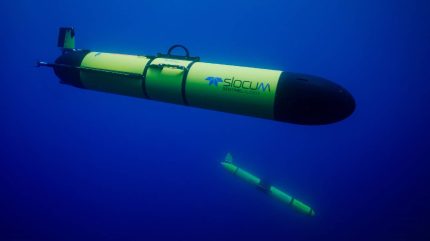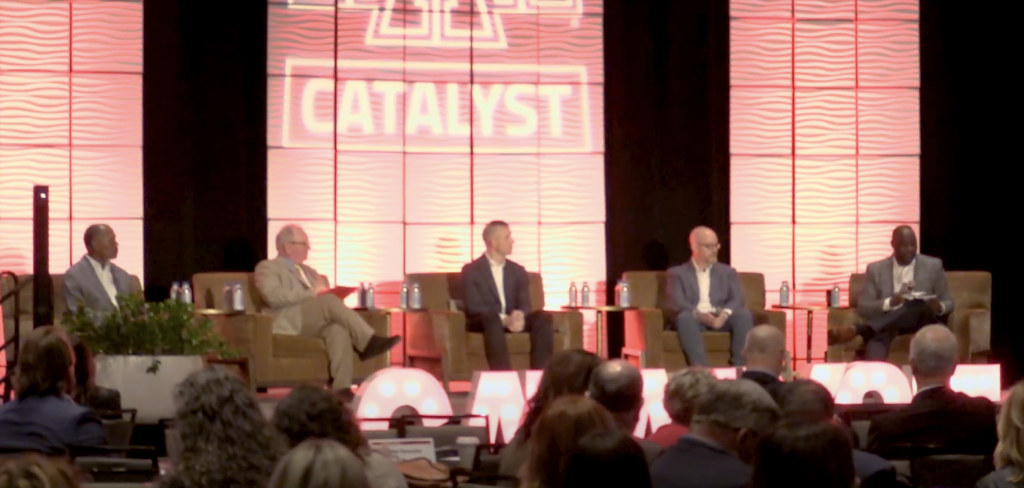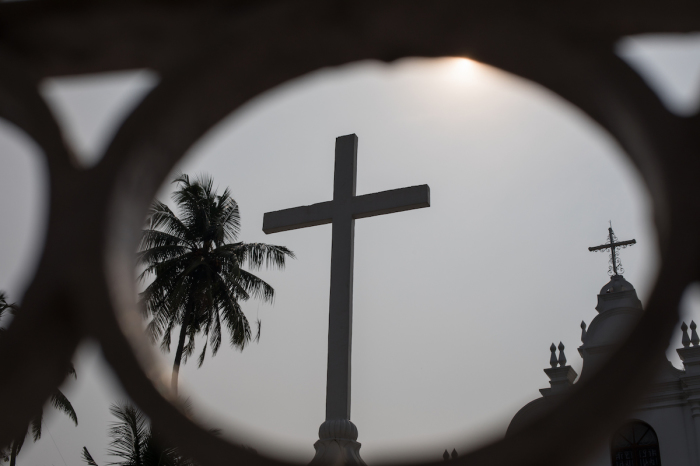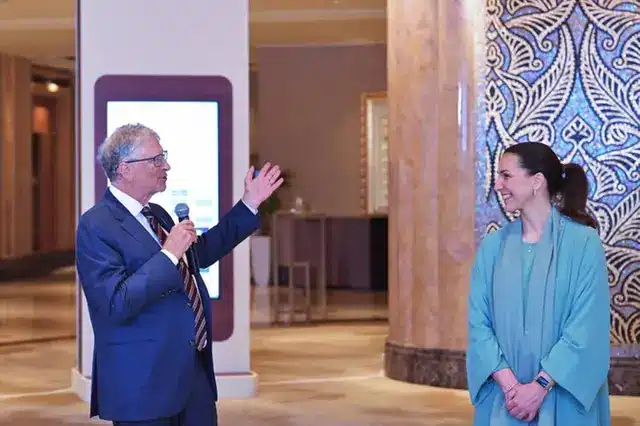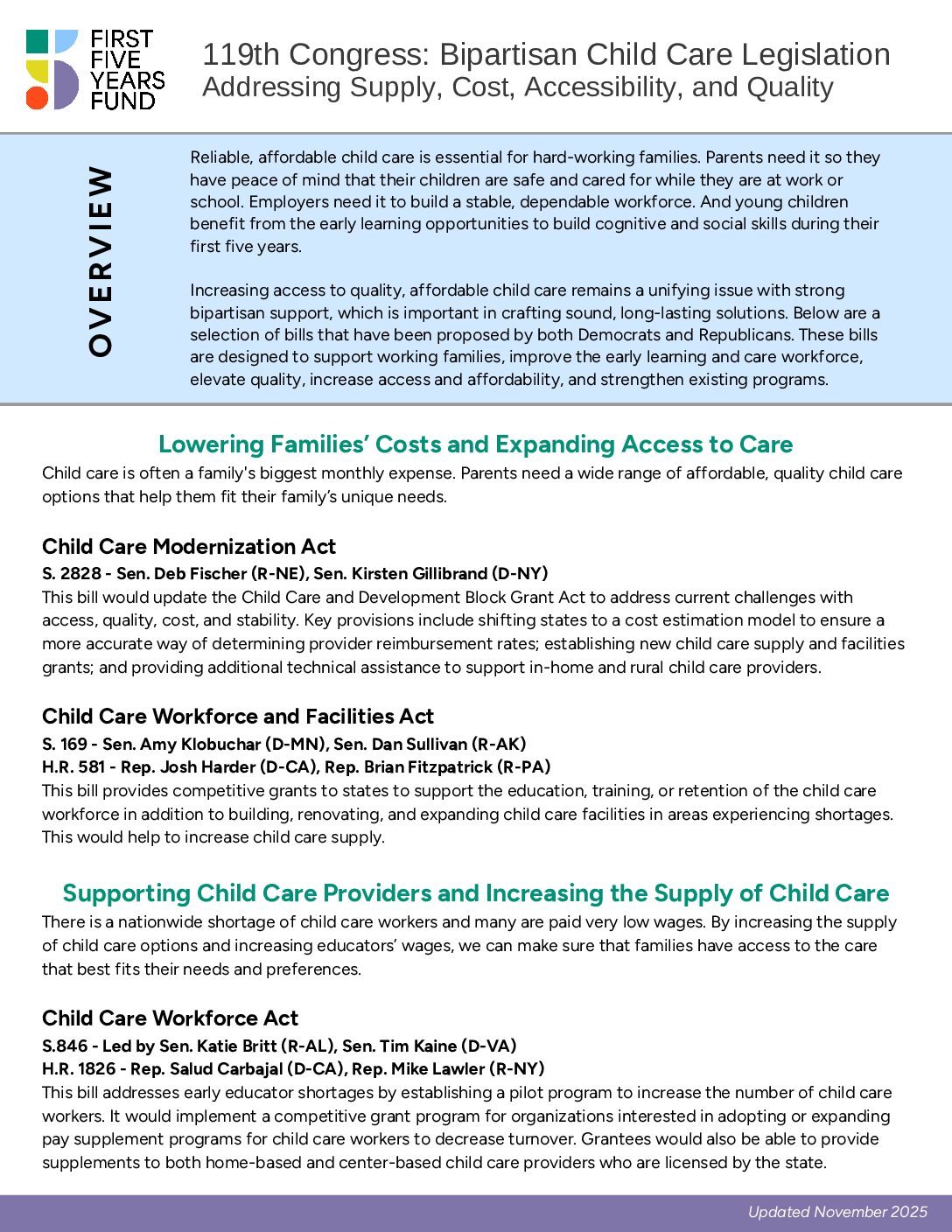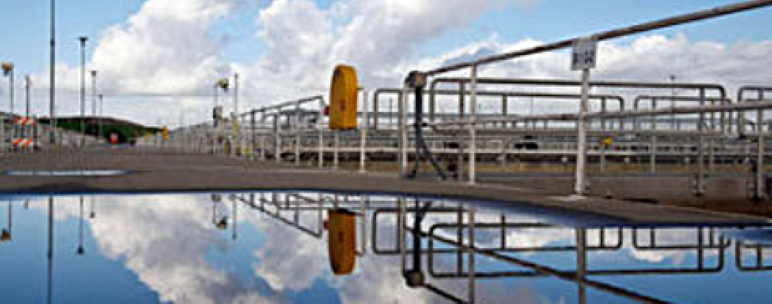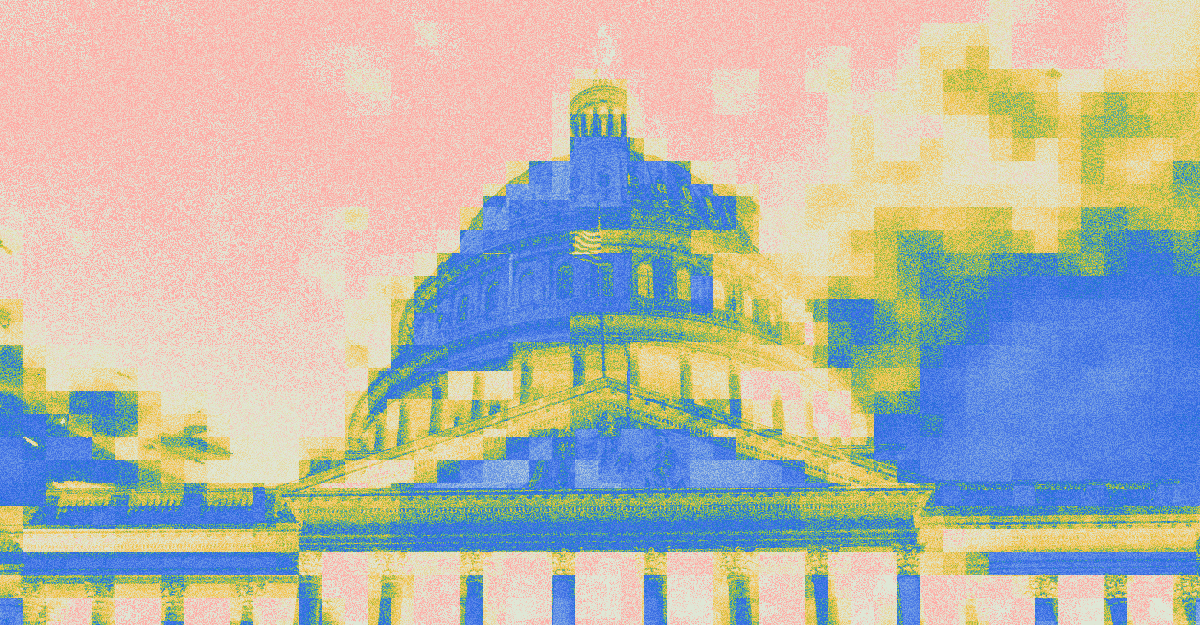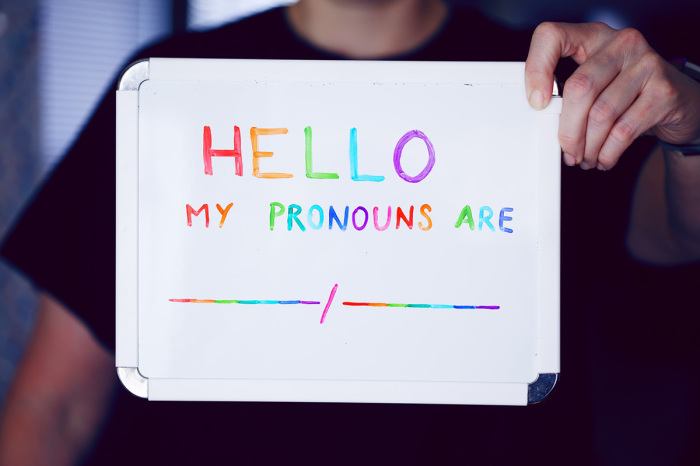Lifelong Learning hosts all-levelinclusive ukulele group lessons – San Marcos Record

Community Music Initiative: Ukulele Workshop Report
Introduction
A community-focused music education initiative was held at the San Marcos Public Library on Thursday, July 31. The program offered free ukulele lessons, directly contributing to several key United Nations Sustainable Development Goals (SDGs) by fostering education, well-being, and community resilience.
Program Overview
The workshop, led by instructor Boone Graham, was designed to provide accessible music education to individuals of all skill levels. The initiative was structured to support community engagement and promote lifelong learning, aligning with the core missions of public libraries as community hubs.
Workshop Schedule
- Beginners Course: 5:00 PM – 6:00 PM
- All-Levels Course: 6:00 PM – 7:00 PM
Course Content
- Beginners Session: Focused on foundational skills, including basic ukulele playing techniques and reading chord charts, to facilitate group musical performance.
- All-Levels Session: Involved the group learning and playing a selection of popular and folk songs, promoting collaborative musical expression.
Alignment with Sustainable Development Goals (SDGs)
This initiative serves as a practical model for advancing the SDGs at a local level.
SDG 4: Quality Education
The workshop directly supports Target 4.7 by promoting skills acquisition for sustainable development. It provides a free, inclusive, and equitable learning opportunity outside of formal education, championing the principle of lifelong learning for all community members.
SDG 3: Good Health and Well-being
By offering a creative and social outlet, the program contributes to mental and emotional well-being. Engaging in group musical activities is known to reduce stress and foster a sense of belonging, directly supporting the goal of ensuring healthy lives and promoting well-being for all ages.
SDG 11: Sustainable Cities and Communities
The event strengthens the role of the public library as a vital cultural institution, making the community more inclusive and participatory. Such programs enhance the cultural fabric and social cohesion essential for sustainable urban development.
SDG 10: Reduced Inequalities
By being offered free of charge, the class removes economic barriers to cultural and educational participation. This approach ensures that opportunities for personal development and skill-building are accessible to individuals regardless of their financial status, thereby reducing local inequalities.
Instructor Profile and Pedagogy
Boone Graham, a performing songwriter with over 12 years of teaching experience, facilitated the sessions. His work with organizations like the Groundwork Music Project and The Whole Life Learning Center informs his student-based approach. This methodology ensures that learners’ individual needs and ambitions are met, which is critical for effective and empowering education (SDG 4).
Logistical Framework
- Venue: San Marcos Public Library
- Cost: The program was free to all participants, with donations appreciated to ensure future sustainability.
- Resources: A limited number of ukuleles were provided, though participants were encouraged to bring their own instruments to maximize participation.
- Registration: Formal registration was required via email to manage attendance and assess participant interest for future LifeLong Learning opportunities.
SDGs Addressed in the Article
SDG 4: Quality Education
- The article focuses on a free ukulele class offered at the San Marcos Public Library. This initiative directly promotes lifelong learning opportunities for all, which is a core principle of SDG 4. The course is structured for different skill levels, from a “beginners course” to an “all-levels course,” ensuring inclusive and equitable quality education. The program is part of “LifeLong Learning,” explicitly connecting it to the goal of continuous education beyond formal schooling.
SDG 11: Sustainable Cities and Communities
- The event takes place at the “San Marcos Public Library,” a key public and cultural institution. By hosting a free cultural event, the library enhances its role as an inclusive and accessible public space, which aligns with making cities and human settlements inclusive, safe, resilient, and sustainable. The class helps “protect and safeguard” cultural heritage (music) by teaching it to the community.
SDG 3: Good Health and Well-being
- While not a primary focus, the article implies a connection to well-being. The class offers a chance to learn and play “in a fun and friendly environment.” Engaging in creative and social activities like group music lessons is known to promote mental health and well-being, contributing indirectly to the aims of SDG 3.
Specific Targets Identified
Targets under SDG 4: Quality Education
- Target 4.4: “By 2030, substantially increase the number of youth and adults who have relevant skills, including technical and vocational skills, for employment, decent work and entrepreneurship.” The article describes an opportunity to “learn to play the ukulele and improve your skills.” Learning a musical instrument is acquiring a relevant creative and technical skill. The instructor, Boone Graham, is a “performing songwriter” with “over 12 years of ukulele teaching experience,” demonstrating that such skills can lead to employment.
- Target 4.5: “By 2030, eliminate gender disparities in education and ensure equal access to all levels of education and vocational training for the vulnerable…” The class is described as “free,” open to “All Levels Welcome,” and held in a public library, removing financial and skill-level barriers and promoting equal access for the entire community.
- Target 4.7: “By 2030, ensure that all learners acquire the knowledge and skills needed to promote… appreciation of cultural diversity and of culture’s contribution to sustainable development.” The class, which teaches pop and folk songs on the ukulele, directly fosters an appreciation for culture and music as a form of cultural expression.
Targets under SDG 11: Sustainable Cities and Communities
- Target 11.4: “Strengthen efforts to protect and safeguard the world’s cultural and natural heritage.” The ukulele class, which teaches folk and pop music, is an effort to transmit and preserve musical culture within the community, thus helping to safeguard this form of intangible cultural heritage.
- Target 11.7: “By 2030, provide universal access to safe, inclusive and accessible, green and public spaces…” The event is held at the “San Marcos Public Library,” demonstrating the use of a public space to provide an inclusive and accessible community activity that is free of charge.
Implied Indicators for Measuring Progress
Indicators for SDG 4 Targets
- The requirement for participants to register (“Registration is required, which can be done by emailing…”) implies that the number of attendees can be tracked. This can serve as an indicator for Target 4.4, measuring the “Number of adults participating in non-formal education and training.”
- The article mentions that the session will allow the instructor to “get a feel for participants’ skill levels and interests.” This assessment could be formalized to measure the “Percentage of participants who have acquired the intended skills (basic ukulele playing),” which relates to Target 4.7.
- The fact that the class is “free” and for “all levels” implies an indicator for Target 4.5 could be the “Participation rate in the free lifelong learning program,” potentially broken down by demographics if such data were collected during registration.
Indicators for SDG 11 Targets
- An implied indicator for Target 11.4 is the “Number of community-based cultural preservation events (e.g., music classes) organized.” The ukulele class itself is a data point for this indicator.
- For Target 11.7, the number of people attending the event at the public library serves as an indicator of the “Proportion of the population that utilizes public spaces for cultural and community engagement.”
Summary of SDGs, Targets, and Indicators
| SDGs | Targets | Indicators Identified in Article |
|---|---|---|
| SDG 4: Quality Education | Target 4.4: Increase the number of adults with relevant skills. | Number of participants registered for the class to learn a new skill. |
| Target 4.5: Ensure equal access to all levels of education. | The class is free and open to all skill levels, indicating accessibility. | |
| Target 4.7: Ensure learners acquire skills for sustainable development, including appreciation of culture. | The program teaches pop and folk songs, fostering cultural appreciation. | |
| SDG 11: Sustainable Cities and Communities | Target 11.4: Strengthen efforts to protect and safeguard cultural heritage. | The existence of a class teaching music (a form of cultural heritage). |
| Target 11.7: Provide universal access to inclusive and accessible public spaces. | Use of the public library to host a free, inclusive community event. | |
| SDG 3: Good Health and Well-being | Target 3.4: Promote mental health and well-being. | The class is held in a “fun and friendly environment,” promoting social interaction and well-being. |
Source: sanmarcosrecord.com

What is Your Reaction?
 Like
0
Like
0
 Dislike
0
Dislike
0
 Love
0
Love
0
 Funny
0
Funny
0
 Angry
0
Angry
0
 Sad
0
Sad
0
 Wow
0
Wow
0

